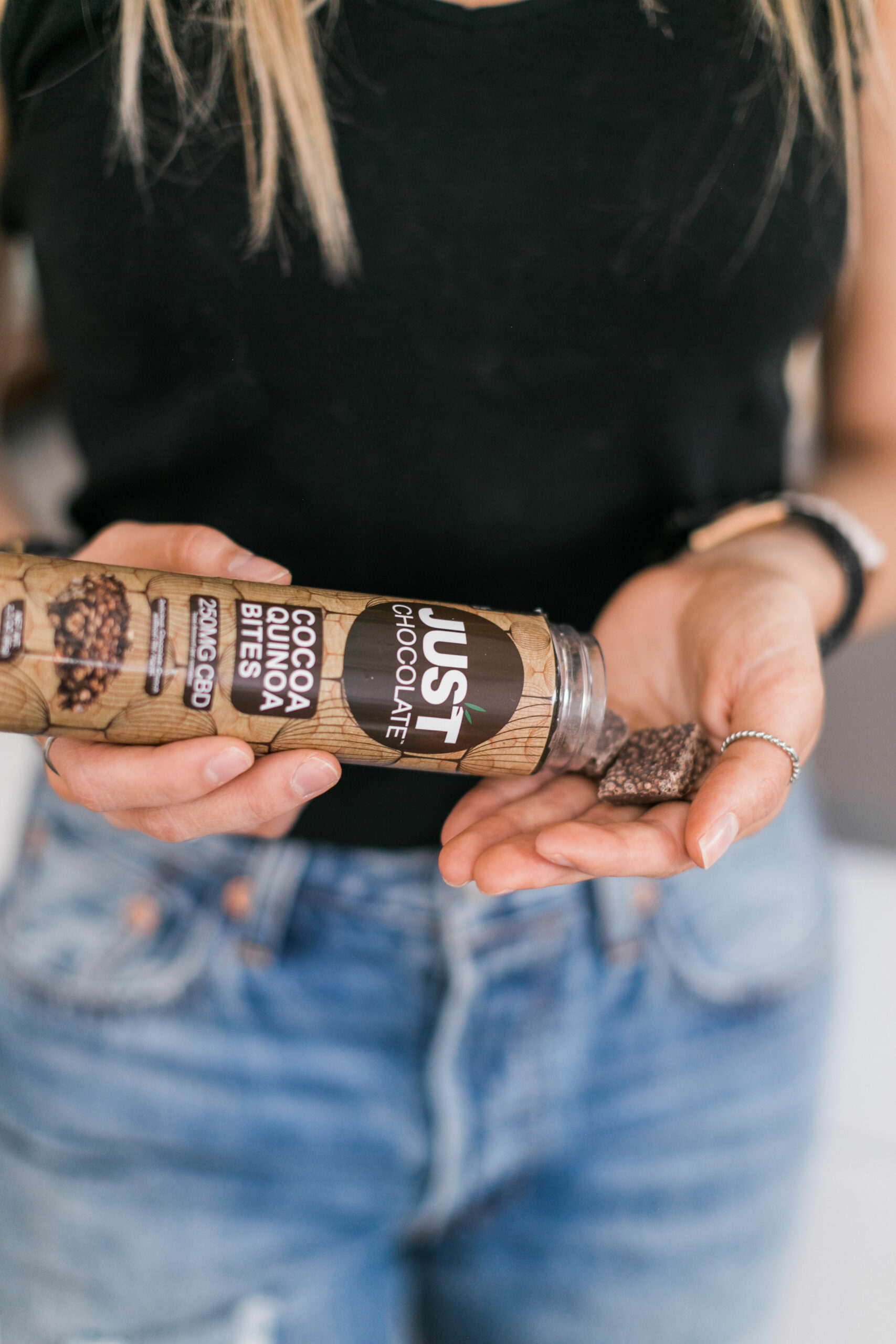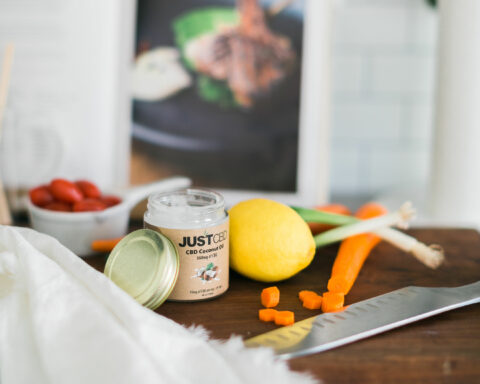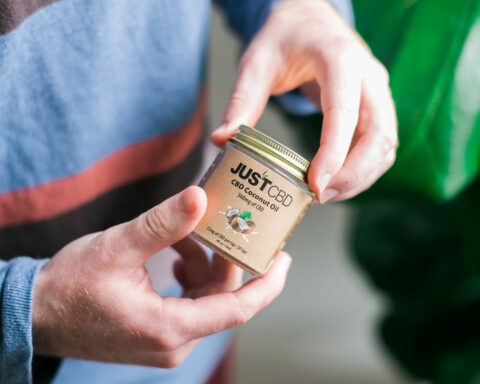Most people enjoy CBD edibles, but the question of whether or not they are legal in the United States remains unanswered. CBD has come a long way since its inception. It’s been around since ancient times and has traveled the course of history. It has previously provided paper, clothing, rope, and much more, but now people seek it for therapeutic comfort. While some prefer to take a few drops under their tongue or inhale from a vape pen, others can’t get enough of hemp-infused edibles. Although CBD edibles are almost found everywhere these days, that doesn’t mean they are legal. Yet this can be quite perplexing because, after all, the 2018 farm bill authorized hemp. While CBD may have been authorized, there are some restrictions on using hemp in food and beverages. Let’s start by looking at the impact of The 2018 Farm Bill on the hemp industry and the gray areas and what it means.
A Summary of Hemp’s History
Hemp was formerly lauded for the diverse range of things it could create. In fact, in the 1600s, King James I made it a requirement for all landowners in Jamestown to produce hemp for export. Thomas Jefferson was a promoter of hemp farming as well. He planted hemp for a while and even used hemp paper to write the Declaration of Independence. So, hemp became illegal after the Mexican Revolution, then marijuana was made legal for recreational use. The Marijuana Tax Act of 1937 was enacted in response to a rising phobia of all things cannabis for the general public. Therefore, this historic decision made cannabis and everything connected to it (hemp) illegal, which makes no sense given they have vastly different effects on the body.
How the 2018 Farm Bill Changed Things
Cannabis has been legalized in several states in the past years, loosening the grip on the drug in the countries, with California and Colorado being among the first states to legalize cannabis. Additionally, the 2018 Farm Bill decriminalized hemp, with the criterion being that it contains less than 0.3% THC, and therefore legalized industrial hemp cultivation as an agricultural commodity. As a result, millions of individuals now have access to a diverse range of hemp products that can help them in various ways. However, it might not always be easy to get your hands on high-quality hemp products.
Where do Edibles Come in?
Despite all of the advancements in the hemp business, CBD-infused food and drink items are still disapproved by the Food and Drug Administration (FDA). The FDA forbids the use of any drug ingredient in food or beverages, even if it has previously been approved, with the main issue being trace amounts of THC in edibles. Hemp must contain less than 0.3% THC by definition, as earlier mentioned, and while this isn’t enough to cause any effect or reaction, it is still present, which is a problem. So, yes, these products are technically prohibited. Despite this, they are everywhere, leading some to believe that the FDA may relax its stance on the issue.
One might be asking where CBD gummies fit in all of this. Gummies, though under edibles, are in a league of their own because they contain such a wide range of benefits. Several companies believe that adding extra vitamins and nutrients to their gummy formulas has a substantial benefit. This assumption proved correct because it added some benefits that many people like in gummies. However, THC has likely given edibles a terrible reputation with the nice tale of a friend who bit off a little more than they could chew, leading to the glaring distinction between hemp and cannabis. Since CBD is non-psychoactive, it cannot provide the same effects as THC, yet this is where the misconception arises. Therefore, this is where the food and beverage business stands for the time being.
Things to Consider
Although CBD is legal throughout the United States, exercise caution when using it. It is especially true when using CBD products while traveling. Moreover, each state has its laws and regulations regarding hemp legality. It would only be safe to conduct research for each area. It might be safer to carry a certificate of analysis along with the hemp products. You can’t afford to skip this stage. China, for example, has the most straightforward cannabis legislation in the world. However, CBD is legal in China if it does not contain THC. Therefore understand why comprehending hemp’s intricacy is key when traveling and would love to bring some of your favorite items with you. However, that’s not to say CBD isn’t beneficial; its benefits are still being researched. It’s just that it’s least effective in edible form, which is what towns and governments throughout the country are most concerned about regulating. For example, a CBD-infused cookie won’t necessarily cure anxiety, just as a whiskey cake won’t get you drunk despite having alcohol in it. However, there is something to be claimed about the efficacy of placebo effects.
Conclusion
Those working in the CBD sector have been waiting for the FDA’s full approval for a long time. Hopefully, the legalization of CBD edibles will be incorporated into the effort at some point. Additionally, find CBD edibles all over the internet and in virtually any store these days, so it’s surprising to learn that they don’t have the FDA’s full backing. However, many areas of the industry are on hold, waiting for FDA’s final decision. CBD (cannabidiol), is legal in some states but not in others. Although the Medicine Enforcement Administration claims that CBD is unlawful since it is derived from cannabis, the Food and Drug Administration has approved CBD prescription drugs in the United States, according to the New York Times. However, the FDA has stated that CBD-infused products may not be sold as dietary supplements or cross-state food. Meanwhile, let us continue to reap the benefits that cannabinoids provide.








